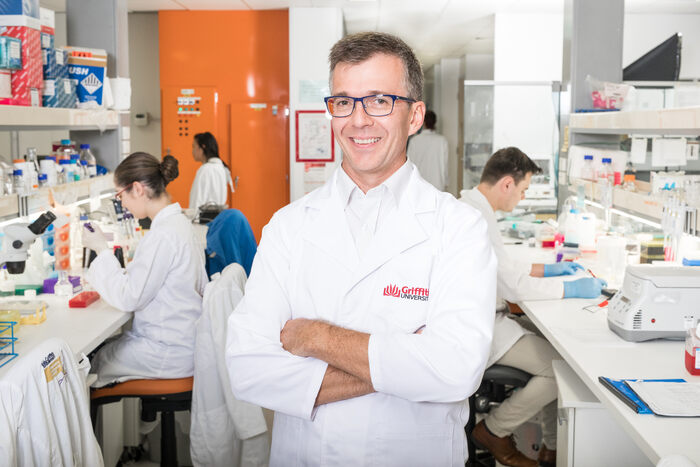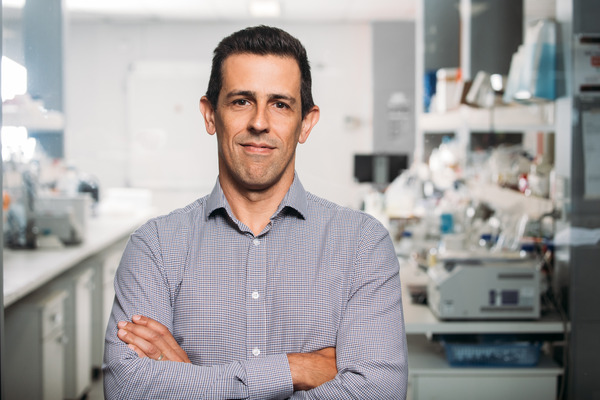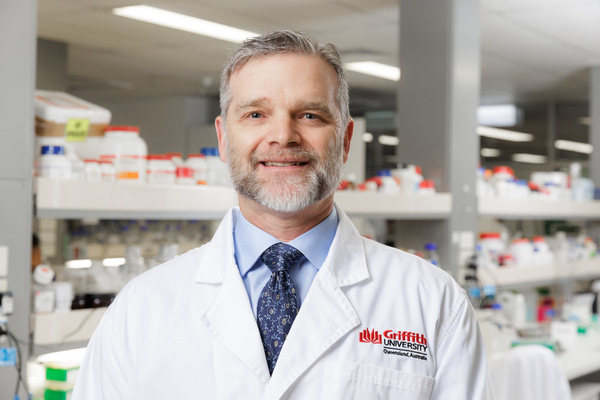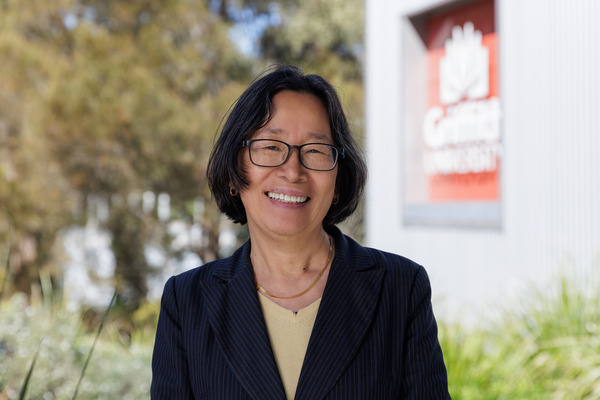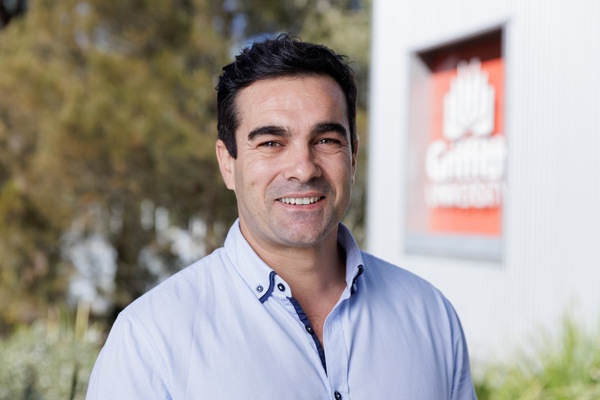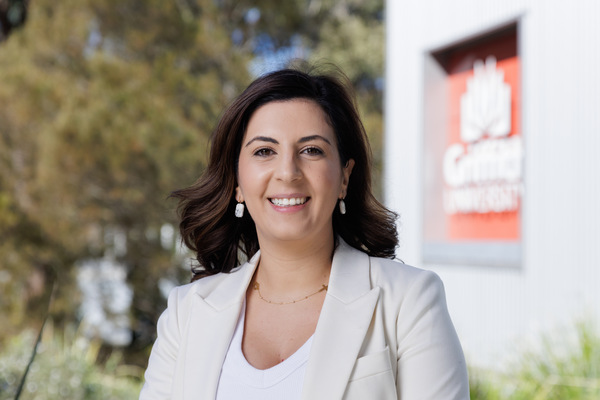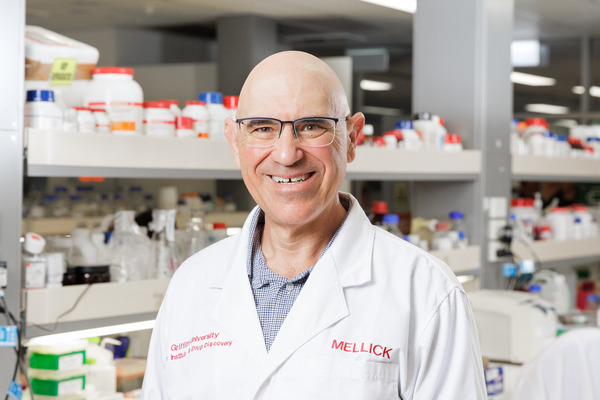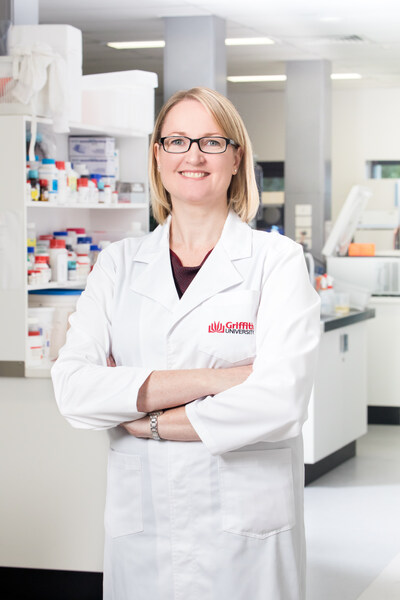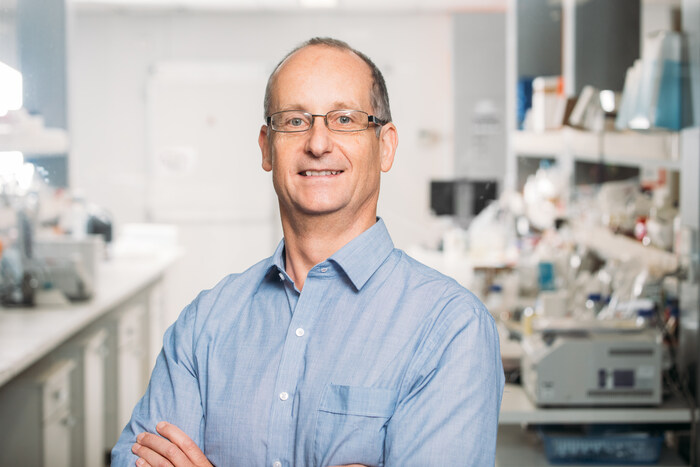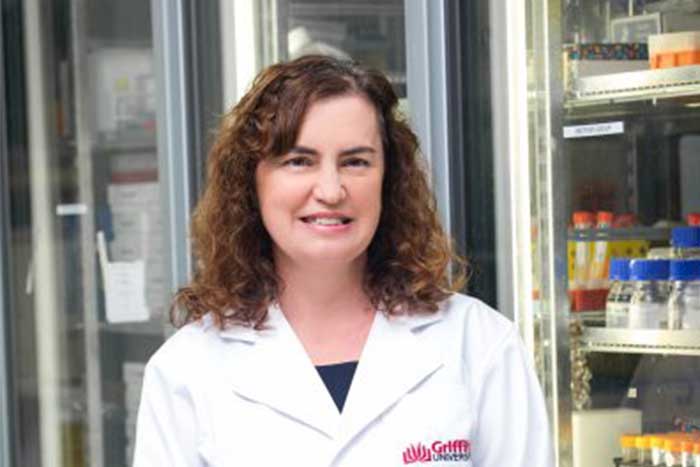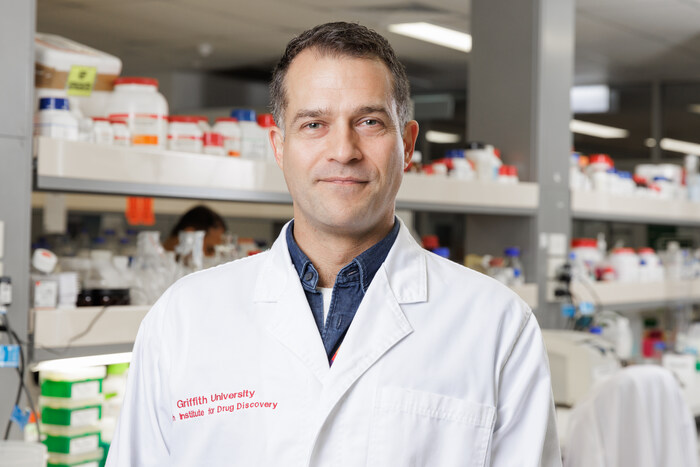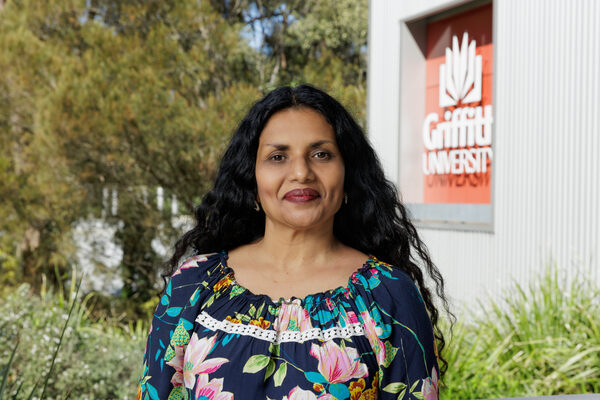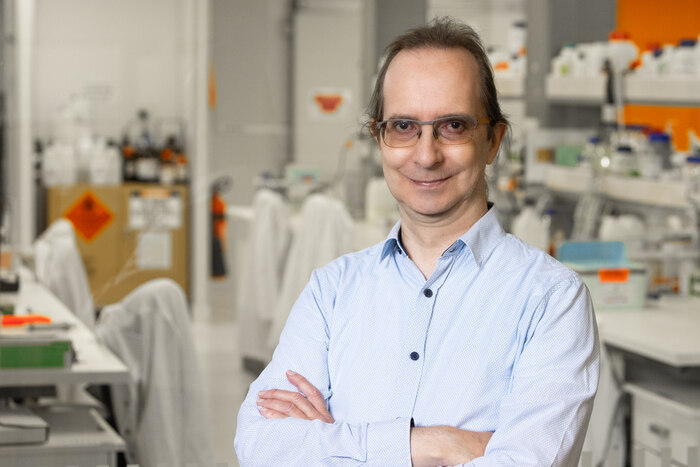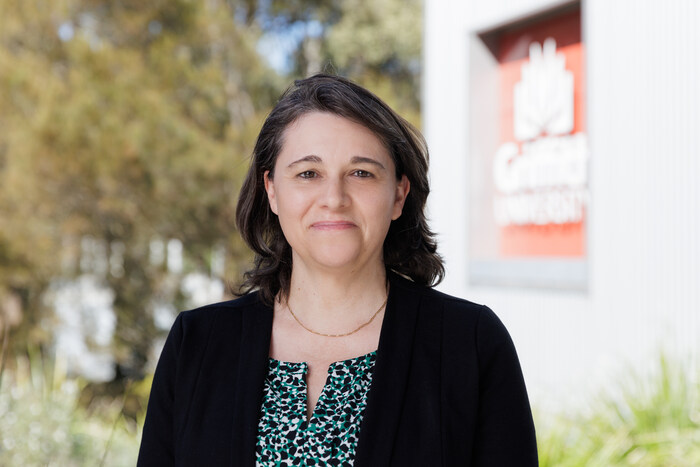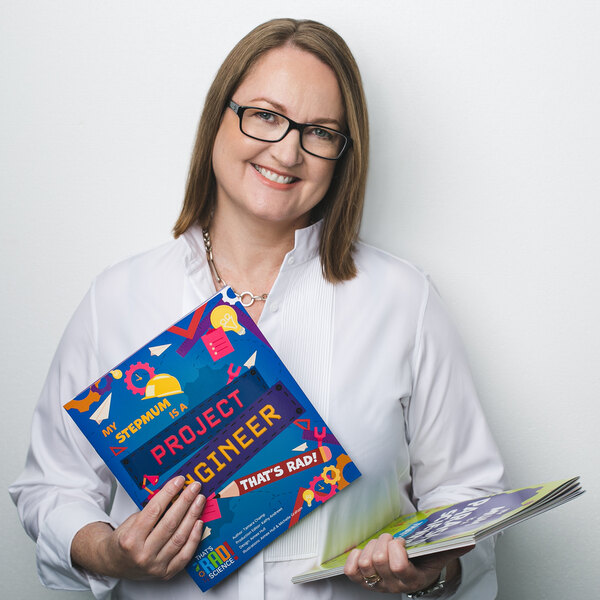Discovering a new drug is often achieved by testing large numbers of compounds against a disease – but where do we safely store all those compounds and how do Australia’s researchers access them?
An effective strategy used to find new drugs is to test a large number of compounds (chemicals) against a disease. Chemists spend a lot of time generating or gathering (e.g. from nature) diverse compounds to increase the chances of finding drug candidates. However, not all researchers have the capacity to store and manage large sets of compounds.
Compound management is a key enabling service for drug discovery research. It involves the collection, storage, tracking and dispensing of compounds. The need for this service is growing, with the compound management global market expected to reach USD 1.49 billion by 2030.
Compounds Australia, housed within the Griffith Institute for Drug Discovery, Griffith University, is Australia's only dedicated compound management and logistics facility. It is responsible for a collection of libraries that together exceed 1.5 million expertly curated drug-like compounds. National and international academic and industry researchers can request access to a selection of these libraries, including the Australian Drug Discovery Library which comprises 330,000 compounds.
Compounds Australia services more than 150 drug discovery projects annually and supports organisations from across Australia.
“Our partnership [with Compounds Australia] continues to thrive as we do more and more projects across a diversity of disease models. Compounds Australia have been terrific in supporting large grant bids,” said a Compounds Australia user.
Compounds Australia’s strengths lie in the facility’s innovative technology and effective data management processes. The compounds are kept in optimal environmental conditions (e.g. temperature and humidity controlled) to ensure their stability and longevity in storage. Data on the compounds is carefully tracked via automated barcode tracking, allowing for accurate sample tracking and quality control. Essentially, care is taken to guarantee that the right compounds are delivered at the right time and in the right condition so as to ensure research success.
The Compounds Australia team look to provide a user-friendly, dependable service to researchers accessing the collection.
“We pride ourselves on the care we take to ensure reliability for researchers using the facility. We are able to provide flexible options to customers including customisable, assay-ready microplates from small scale to high throughput screening campaigns, as well as fully customised retesting regimes in full dose response and/or combination plating. We also provide industry-standard storage and logistic services for ‘closed’ or proprietary compound collections,” said Compounds Australia Facility Manager Rebecca Lang.
The team also look to improve their compound management capabilities as new technologies arise. In 2022, the facility was updated to provide one of the world’s first uses of ‘acoustic tube technology’ in an academic facility. This method allows miniscule samples to be transferred directly from a stored acoustic tube using bursts of sound waves, enabling a much more precise and faster transfer of samples.
Overall, the services provided by Compounds Australia allow researchers from a range of fields to reliably and quickly access large sets of compounds, leading to positive research impacts.
“We enable researchers to focus on the science outcomes rather than complex compound logistics,” said Professor Sally-Ann Poulsen, Compounds Australia Director. “We de-risk the drug discovery process, reducing costly attrition and enhancing the likelihood of success. The long-term impact of good compound management is to improve research outcomes and ultimately enhance the health and wellbeing of Australians and people globally.”
Interested in accessing or adding to the Compounds Australia libraries? Please click here for more information:
Compounds Australia is an eligible provider for the Therapeutic Innovation Australia Pipeline Accelerator, a co-investment scheme facilitating access to national research infrastructure.
If you would like to contribute to the ground-breaking research being undertaken at GRIDD, please find more information here:
We are very grateful for any individual or corporate donations and bequests to help us take our research forward.
To keep up to date with developments at GRIDD:
Sustainable Development Goals
Griffith University is aligned with the United Nation’s Sustainable Development Goals (SDGs) and is committed to tackling global challenges around good health and well-being (SDG 3) and partnerships for the goals (SDG 17).
